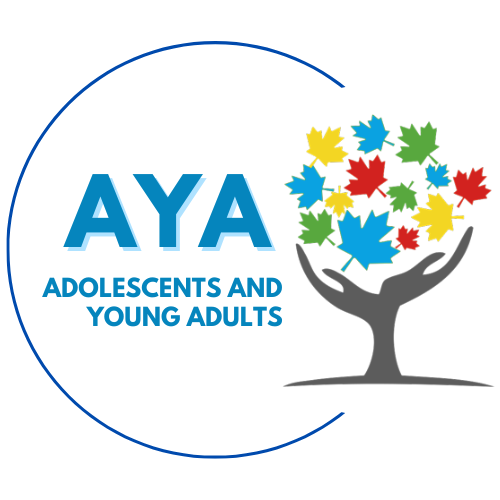Go to Health Care Provider version
| Diagnosis | Recurrent/Refractory Atypical Teratoid/Rhabdoid Tumor, Kidney Medullary Carcinoma, Malignant Solid Neoplasm, Poorly Differentiated Chordoma | Study Status | Closed |
| Phase | I/II |
| Age | 12 months of age or older | Randomisation | NO |
| Line of treatment | Disease relapse or progression |
| Routes of Treatment Administration | Atezolizumab and tiragolumab are given intravenously (IV) as infusions
|
| Last Posted Update | 2025-07-17 |
| ClinicalTrials.gov # | NCT05286801 |
International Sponsor
National Cancer Institute (NCI)Principal Investigators for Canadian Sites
CHU Ste Justine - Dr. Monia Marzouki
The Hospital for Sick Children - Dr. Daniel MorgensternCentres
Medical contact
Dr. Henrique Bittencourt
Dr. Monia Marzouki
Dr. Sebastien Perreault (neuro-onc)
Social worker/patient navigator contact
Marie-Claude Charrette
Clinical research contact
Marie Saint-Jacques
Study Description

This is a phase I/II trial that studies how well the treatments tiragolumab and atezolizumab work when given to children with tumours that have either come back (relapsed) or did not respond to therapy (refractory). These tumours must have a certain mutation, meaning the cancer cells are missing important genes called SMARCB1 and SMARCA4. Tiragolumab and atezolizumab may help the body's immune system attack the cancer, and may interfere with the ability of tumor cells to grow and spread.
Inclusion Criteria
Part A is now completed, Part B criteria now applies:
- Participants must be between 1-18 years old for part A of this study. There is no upper age limit for part B
- Participants must have one of the following cancers, that has either come back (relapsed) or did not respond to previous treatment (refractory):
- Renal medullary carcinoma
- Malignant rhabdoid tumor (extra-CNS)
- Atypical teratoid rhabdoid tumor (CNS)
- Poorly differentiated chordoma
- Epithelioid sarcoma
- Cancer must have the eligible mutation (SMARCB1 or SMARCA4)
- Participants must be up and about for at least half their waking hours
- Participants must meet all bloodwork criteria outlined for this study
Other inclusion and exclusion criteria may apply and will be discussed with you by your clinical team